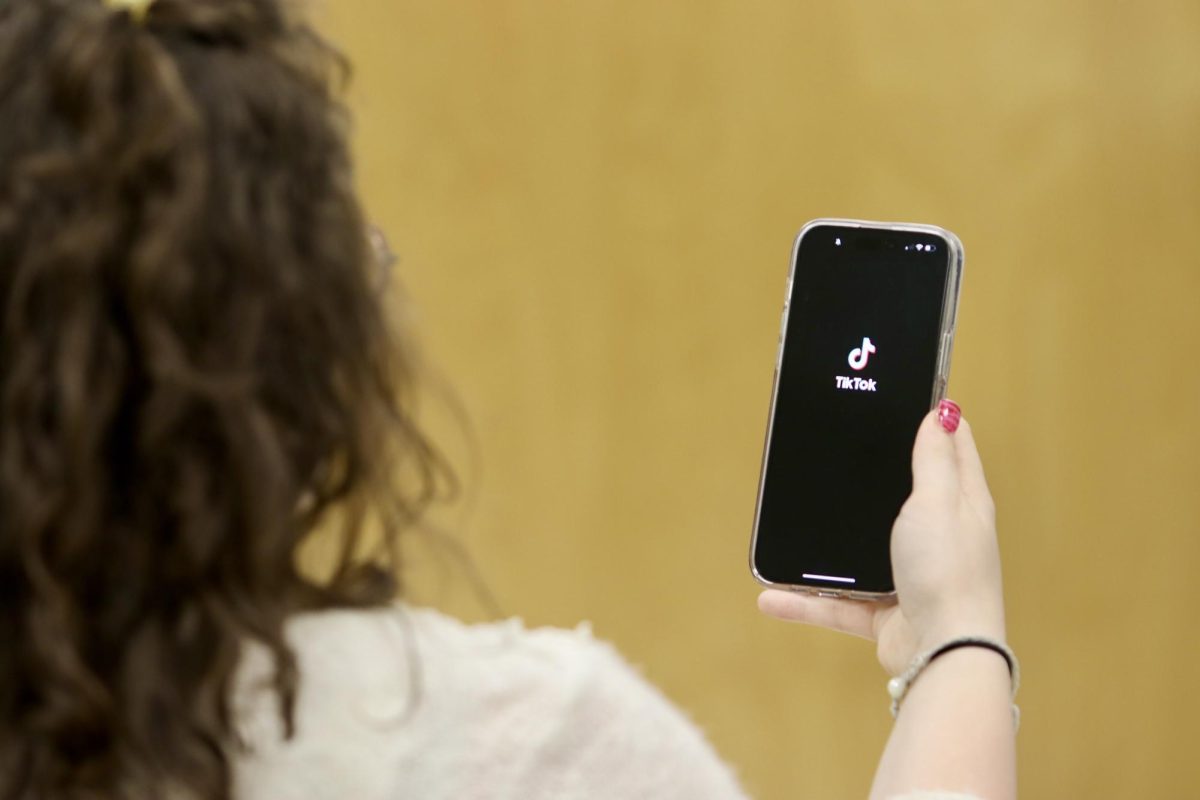Dehydration occurs when you lose more fluid than you take in. Your body does not have enough water and other fluids to carry out its normal functions. Dehydration is usually caused by not drinking enough fluids, not replenishing your body with fluids when active and consuming certain beverages (i.e. alcohol, caffeine and sodas) that absorb water from the body. Some beverages are better than others at preventing dehydration, so it is important to plan what you are going to drink based on the activity you will be participating in. Plain or infused water is great drinks to help hydrate your body if you are planning on a low-to-moderately-intense activity, such as walking. If you plan on exercising for a longer period of time, doing a high-intensity workout or being out in the sun for more than a few hours, you may want to hydrate with some kind of sports drink, such as Gatorade, Powerade, Bodyarmor or Pedialyte.
Sports drinks replace not only fluids but also electrolytes, like sodium and potassium, which are lost through sweating and help with bodily functions. It is important to look at the ingredients and the label of each sports drink. Sports drinks should be consumed in moderation and are not ideal for someone to drink frequently when they are not active. According to a University of California, Berkeley report, drinking sports drinks when you are not active adds unnecessary calories, sugar and sodium to the body and can possibly lead to high blood pressure and weight gain.
Symptoms of dehydration include extreme thirst, less frequent urination, dark-colored urine, fatigue and dizziness, according to the Mayo Clinic. If you notice some of these symptoms, such as producing darker urine or feeling dizzy, it is best to take small sips of water so your body can properly absorb the fluid, rather than gulping down glass after glass of water. If you experience diarrhea for 24 hours or more, have a bloody or black stool, cannot keep fluids down or are much sleepier/disoriented than usual, you should seek medical attention. If left untreated, dehydration can lead to heat exhaustion, heatstroke, urinary and kidney problems, seizures and hypovolemic shock (low blood/fluid volume).
The National Academies of Sciences, Engineering, and Medicine determined that daily fluid intake is about 15.5 cups (3.7 liters) of fluids a day for men and about 11.5 cups (2.7 liters) of fluids a day for women. The more active you are, the more water you should consume on top of the daily intake. Some helpful tips to keep up with your daily water intake can include fitness apps, using a marked water bottle/jug for the day or set goals for how much water you want to drink by certain times.








